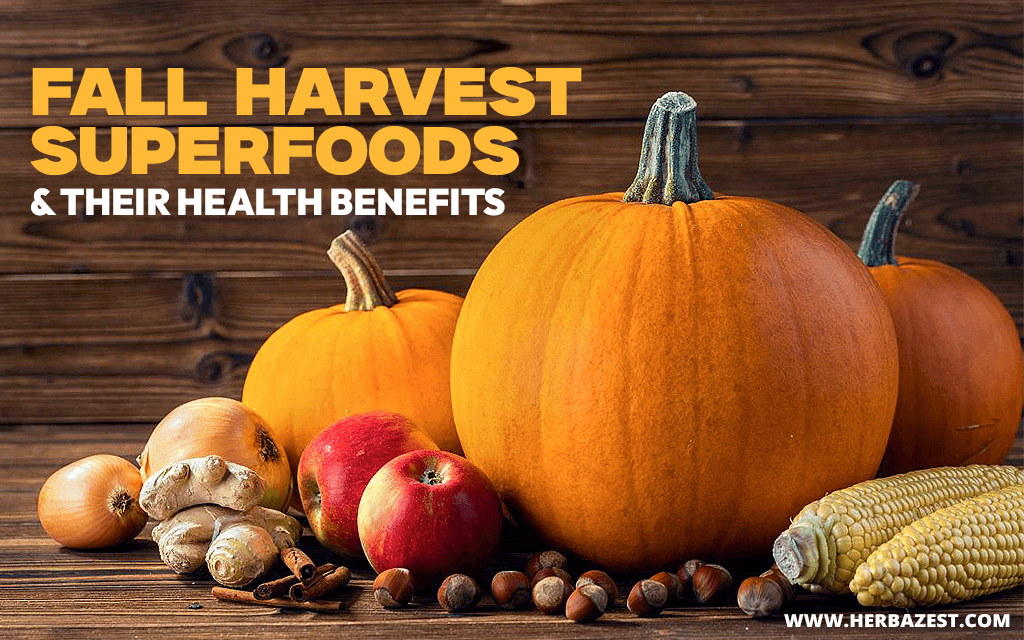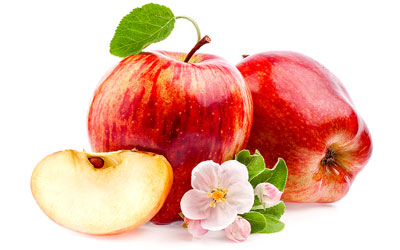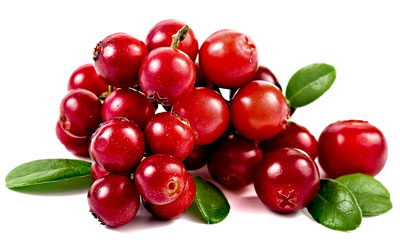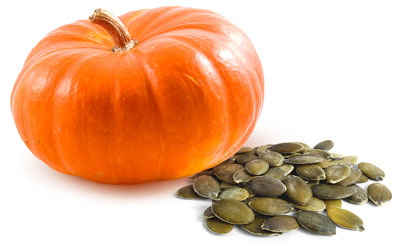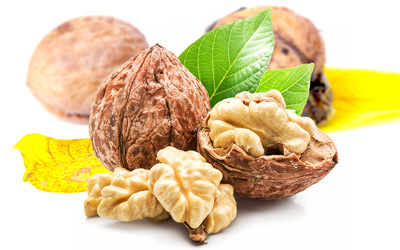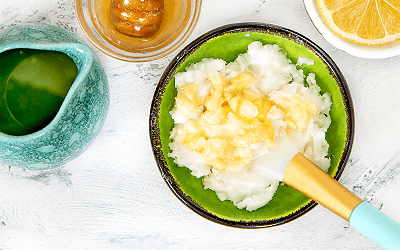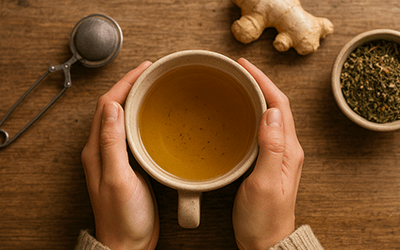As the air turns crisp and leaves begin to fall, the vibrant flavors of the season come alive. Autumn brings an incredible variety of superfoods to our tables, offering a wealth of nutrients that support health and wellness. With the season drawing to a close, it's the perfect time to savor the fall harvest and prepare for the colder months ahead. These nutrient-rich foods, celebrated for their abundance in autumn, are also widely available year-round thanks to modern agricultural practices. Whether you're seeking warmth, nourishment, or a taste of the season, these fall superfoods have you covered.
1. Pumpkin
Pumpkin is more than just a Halloween decoration. This vibrant orange squash is a powerhouse of beta-carotene, a precursor to vitamin A, essential for eye health and immune function. Pumpkins are also rich in fiber, which aids digestion and keeps you feeling full longer. Interestingly, snacking on pumpkin seeds may help regulate blood sugar levels, which can be particularly beneficial during the holidays.1
2. Sweet Potatoes
Sweet potatoes are a nutrient-dense carbohydrate option loaded with vitamins and minerals. They're high in vitamin C, which supports the immune system, and potassium, which helps regulate blood pressure. The orange flesh indicates an abundance of beta-carotene, making sweet potatoes a great choice for supporting skin and eye health. These comforting dishes, like sweet potato stacks with thyme or sweet potato lentil stew, are perfect for colder months.
3. Apples
Far from just a convenient snack, apples are a nutritional powerhouse. Rich in soluble fiber like pectin, they help support gut health and maintain steady blood sugar levels. Apples are also loaded with polyphenols, which have antioxidant and anti-inflammatory properties. With natural sweetness and crunchy texture, this versatile fruit shines in countless recipes, like healthy apple muffins or apple stonebreaker infusion, while contributing to overall health.
4. Cranberries
Cranberries are synonymous with fall, often gracing holiday tables as sauce or relish. Celebrated for their high levels of vitamin C and proanthocyanidins, cranberries are known to support urinary tract health. They're also rich in antioxidants that combat free radicals. Use fresh or dried cranberries in salads, desserts like wholesome nutty bread, or beverages like mulled spiced apple cider for a tangy twist.
5. Beets
Known for their earthy sweetness, beets are a vibrant addition to any fall menu. They're packed with nitrates, which can improve blood flow and lower blood pressure. Beets also contain betalains, pigments with antioxidant and anti-inflammatory properties. Studies suggest that beet juice may help reduce cold symptoms during times of acute stress.2 For a quick nutritious boost, try Eastern European beet soup or flavorful beet hummus.
6. Pomegranates
Pomegranates are as beautiful as they are nutritious. The ruby-red arils are rich in vitamin C, potassium, and antioxidants like punicalagins, which offer many health benefits. Pomegranate juice may help lower blood pressure and improve cholesterol levels. Studies also suggest that combining pomegranate and dates may help prevent heart disease.3 Sprinkle the seeds over yogurt, salads, desserts, or overnight kaniwa flakes for a burst of flavor and color.
7. Butternut Squash
With its creamy texture and sweet, nutty flavor, butternut squash is a fall favorite. It's high in vitamins A and C, making it excellent for immune support and skin health. This squash is also a good source of magnesium and potassium, which contribute to healthy muscles and nerves. Use it in soups, casseroles, or comforting side dishes like this roasted butternut squash with dill.
8. Pears
Pears are a juicy and fiber-rich fruit perfect for autumn. They contain soluble and insoluble fiber, aiding digestion and promoting a healthy gut. Pears are also a source of vitamin C and copper, both of which support the immune system. For a naturally sweet treat, enjoy them raw, in smoothies like green apple pear smoothie, or baked into dishes like baked pears with kaniwa crumble topping.
9. Walnuts
Walnuts are one of the most nutritious nuts, packed with omega-3 fatty acids, which are essential for brain health. They also provide protein, fiber, and antioxidants like polyphenols. Eating walnuts may support digestive health, heart health, and improve metabolic parameters.4 For added crunch and nutrition, enjoy them in amaranth flake pumpkin porridge, arugula salad with figs, walnuts & goat cheese, or date & walnut bread with quinoa flakes.
10. Mushrooms
Fall is prime mushroom season, and these fungi are nutritional treasures. Mushrooms are rich in selenium, B vitamins, and antioxidants like ergothioneine, which supports immune health. Certain varieties, such as shiitake and maitake, also contain beta-glucans, compounds known to enhance immune function. Enjoy their umami flavor and health benefits in amaranth and mushroom stuffed pasta shells, mushroom vegetable soup, or mushroom stroganoff with thyme.
Autumn is a season of abundance, offering a variety of superfoods that nourish the body and delight the palate. Incorporating these fall harvest foods into your meals can provide essential vitamins, minerals, and antioxidants that support overall health. Whether roasted, baked, or raw, these seasonal treasures remind us of the joys of eating with the seasons—for both taste and well-being. Even though their peak season is in fall, most of these foods can be enjoyed year-round, allowing you to savor their benefits no matter the time of year.
Sources
- Academy of Nutrition and Dietetics, 9 Fall Produce Picks to Add to Your Plate, 2023
- Penn State University, 10 Fall Foods that Aren’t Pumpkin, 2019
- Rutgers, The State University of New Jersey, Getting the Best from the Fall Harvest of Fruits and Vegetables, 2017
- Tufts University, A Healthy Harvest: A daily apple-or other fall fruit-really does help keep the doctor away, 2019
- University of Utah, Your Guide to Fall’s Best Produce, 2022
Footnotes:
- Physiology & Behavior. (2019). Beetroot juice supplementation for the prevention of cold symptoms associated with stress: A proof-of-concept study. Retrieved December 11, 2024, from https://www.sciencedirect.com/science/article/abs/pii/S0031938418308175
- Royal Society of Chemistry. (2015). Anti-atherogenic properties of date vs. pomegranate polyphenols: the benefits of the combination. Retrieved December 11, 2024, from https://pubmed.ncbi.nlm.nih.gov/25811166/
- Nutrition Research. (2018). Addition of pooled pumpkin seed to mixed meals reduced postprandial glycemia: a randomized placebo-controlled clinical trial. Retrieved December 11, 2024, from https://pubmed.ncbi.nlm.nih.gov/30055778/
- The Journal of Nutrition. (2018). Walnut Consumption Alters the Gastrointestinal Microbiota, Microbially Derived Secondary Bile Acids, and Health Markers in Healthy Adults: A Randomized Controlled Trial. Retrieved December 11, 2024, from https://www.sciencedirect.com/science/article/pii/S0022316622163248

